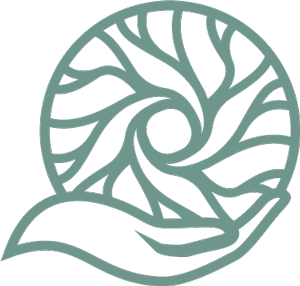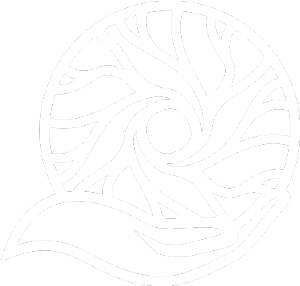The peripheral nervous system consists of numerous components, including muscles, nerves, and synapses. These components are essential for transmitting information to the brain for analysis. If any of the components of the peripheral nervous system are damaged, you may suffer from neuromuscular disorders. The Multiple Sclerosis and Neurology Institute of Austin is led by neurological experts who use the most up-to-date diagnostic tools to identify and treat the root cause of your neuromuscular disorders.
Neuromuscular Disorders FAQs

What are neuromuscular disorders?
The term “neuromuscular disorders” covers a wide range of diseases that affect the peripheral nervous system, which is responsible for transmitting important information about the environment to the brain for analysis. If the nerves, muscles, or synapses of the peripheral nervous system are damaged, your spinal cord and brain can’t communicate effectively with the rest of the body, leading to progressive muscle weakness and other problems. In order to effectively treat or manage neuromuscular disorders, the medical provider must perform a thorough evaluation to identify the root cause.
What causes neuromuscular disorders?
The peripheral nervous system is composed of nerves, muscles, and the neuromuscular junction. The nerves transmit electrical impulses from the body to the brain and vice versa. The muscles contract when they receive the electrical signals and perform specific actions. The neuromuscular junction is a gap between the nerve terminal and the muscle, and it facilitates communications between nerves and the targeted muscles. Neuromuscular disorders occur when any of these components are damaged or diseased, leading to motor problems.
The following are some of the most common causes of neuromuscular disorders:
- Diabetic neuropathy caused by diabetes
- Amyotrophic lateral sclerosis or Lou Gehrig’s Disease
- Toxic neuropathy
- Small fiber neuropathy
- Autonomic neuropathies
- Congenital myopathies
- Metabolic myopathies
- Muscular dystrophy
- Necrotizing myopathy
- Polymyositis
- Dermatomyositis
- Inclusion body myositis
- Lambert-Eaton Syndrome
- Myasthenia gravis
How are neuromuscular
disorders diagnosed?
The Multiple Sclerosis and Neurology Institute of Austin performs a thorough evaluation to diagnose the root cause of your neuromuscular disorders. Our medical providers will discuss your symptoms, review your medical history, perform physical examinations, and administer nerve conduction study tests, which will reveal problems associated with the insulation of the nerves or nerve fibers. The medical provider may also perform muscle and skin biopsies and EMG tests. After a thorough consultation and evaluation, the medical provider will determine the root cause of your neuromuscular disorders.


What are the treatments for
neuromuscular disorders?
The Multiple Sclerosis and Neurology Institute of Austin is led by highly-skilled and trained medical providers that understand the treatments of various neuromuscular disorders. Our neurological experts curate highly personalized treatment plans according to your unique condition. The treatment plan may include medical therapy, pain medications, immunosuppressive drugs, and assistive devices. If you experience considerable muscle weakness or other signs and symptoms of neuromuscular disorders, please schedule a consultation at our neurological center in Austin.


